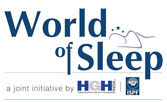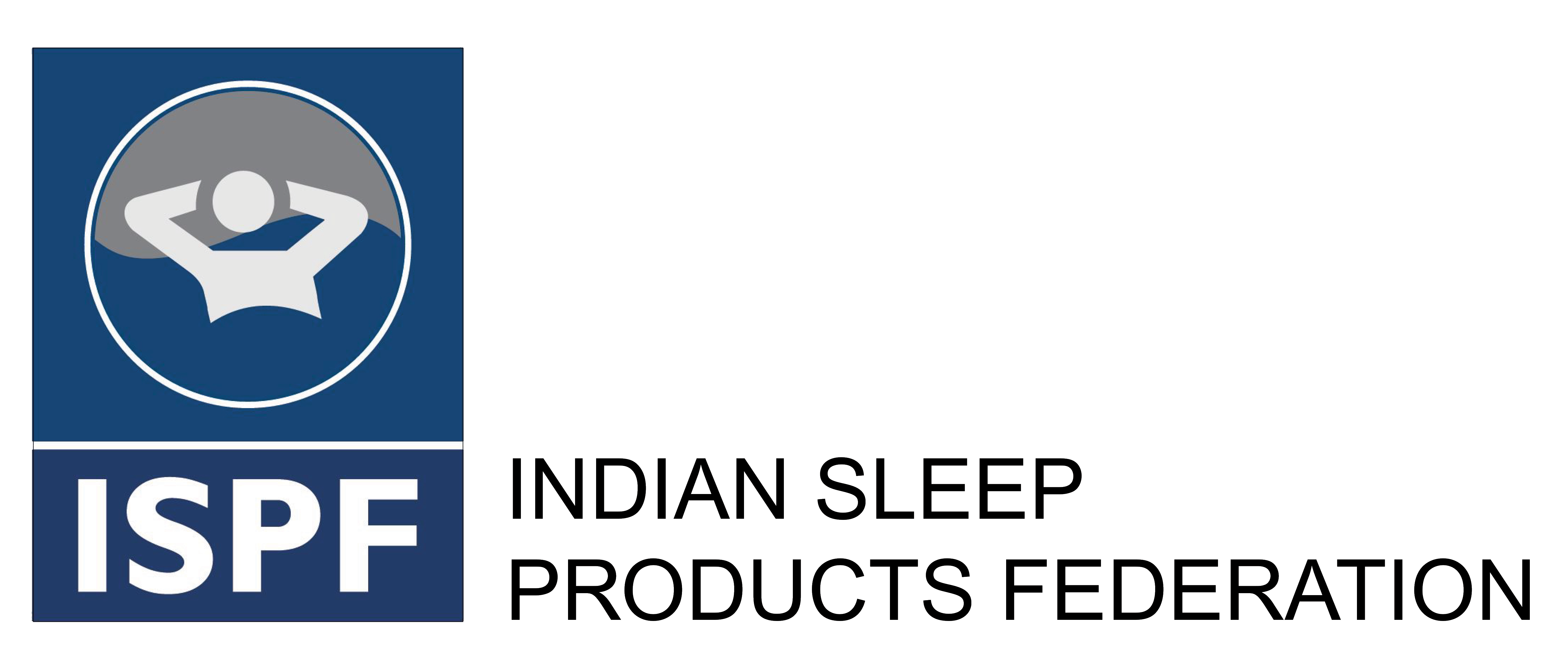
Mr. Rakesh Malhotra, Founder, LivPure
Q You do not have retail presence, your mattress sales are completely online. Do you consider it as an advantage or disadvantage?
Livpure is an omni-channel brand. We started in 2013 as an offline brand. In 2017 we began to build towards omni-channel avenues. We started leveraging digital platforms. In 2020, we moved into direct-to-customer models with a proper team. We started with mattresses and slowly added the rest of the product portfolio. We have an approx. 100 cr run-rate in direct-to-customer about 100 cr annual rates in platforms, and 300 cr through non-digital channels. But it is rapidly growing to a point where this or the next financial year we could see 60 to 65 percent would be through digital growth. Ours is a truly omni-channel brand that way. LivPure is a new-age brand.
Q What about mattresses?
Mattresses are something we started in October 2020 and it has shown a significant presence in our platforms. These products are purely digital and not yet sold in the retail market. But eventually, at some stage when we have a certain scale, we will take high-velocity products too in an offline model but in a different way. The ability of touch-and-feel would be there but integrated well with direct-to-customer format.
Q What made you foray into this area?
LivPure is all about purity, health and wellness. Sleep is a big problem in the country’s wellness space. If your vision
is to make every Indian live well, sleep is a natural extension. We also have a strong technological capability that
we want to integrate here. The mattress is a stepping stone towards intelligent wellness products.
Q What impact has the COVID-19 pandemic had specifically on customer behaviours?
Customers do not differentiate between an Amazon site and a shop. They expect brands to be available when they
want to buy them. In some categories, the share of online sales is very high – like smartphones. In some categories – it is different. But, increasingly, the trend is that the customer wants to buy sitting at home. This was supposed to happen
in five years but it has happened quickly due to the pandemic.
Q With marketers being greatly affected by the lockdown and economic slowdown, what do you see being the next step for the future of marketers and marketing?
There are two types of companies. Those who see turmoil as a challenge. They conserve for another day. Then
some marketers see this as an opportunity. They see when the set lines get shaken up. When something
like a crisis happens, it creates a lot of opportunities for such marketers. Our marketing spend, as a brand, has doubled
since last year. P&L is affected for one year but the brand has a long horizon. So you need to have a different perspective. Losing momentum is far more expensive than a P&L statement.
Q What is the USP of your mattresses?
The biggest factor in all our products – be it a mattress or a pillow – is designed to bring some kind of solution. We are looking at smart products that can complement someone’s sleep better.
Q What about the unorganised segment challenge? Can customers be brought into organised segment?
The affordability quotient has to be addressed. Tax avoidance can also be a factor. The shift is happening because
customers are realising the value of trust and quality. This is, however, an age of super-specialisation. People
would soon ask for mattresses based on a certain type of body type or back condition, for instance.

